Fragrance Oil vs Essential Oil
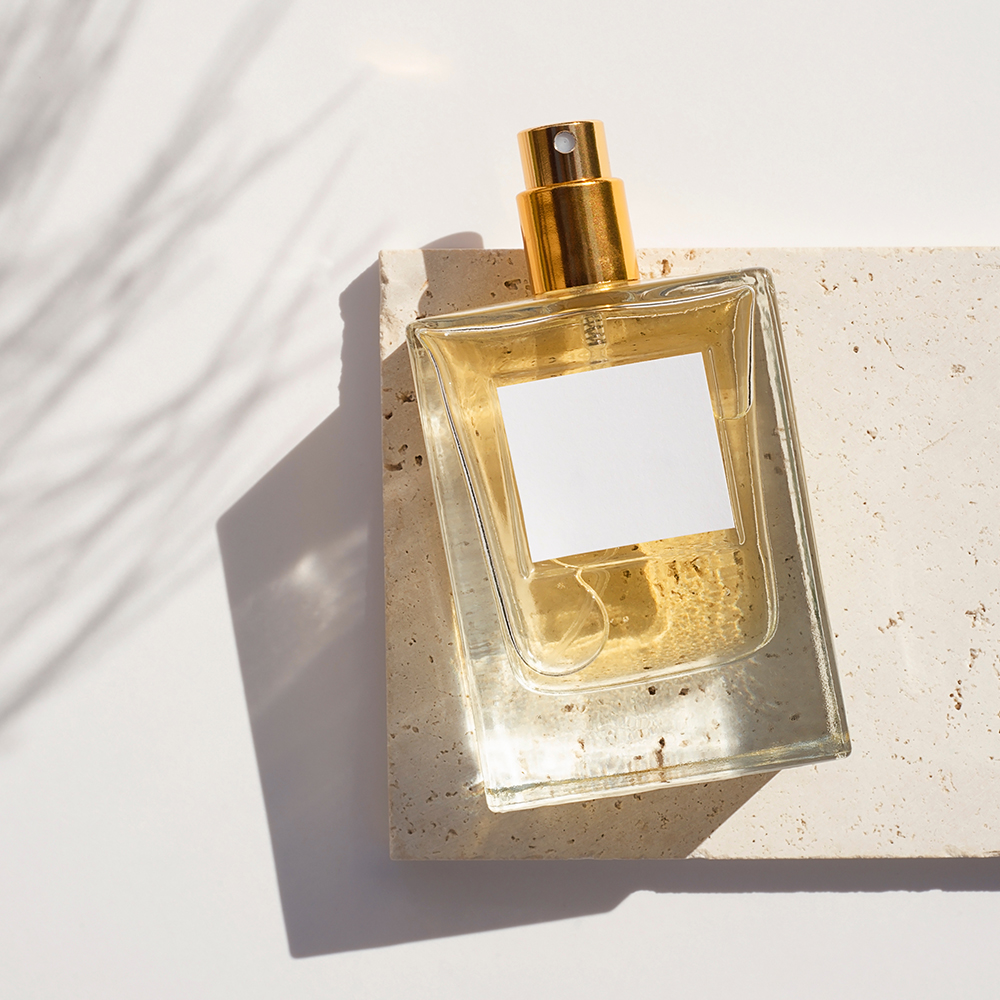
Fragrance Oils vs. Essential Oils
Elevate Your Aromatherapy with Scatters Oils USA
Many individuals find themselves curious about the distinction between fragrance oils and essential oils due to their increasing interest in natural products and holistic well-being, prompting them to seek a deeper understanding of the sources and benefits behind the scents they encounter in various products. This curiosity arises from a desire to make informed choices about the products they use, and to explore the authentic aromatic experiences offered by essential oils compared to the synthetic scents of fragrance oils.
Fragrance oils and essential oils present subtle yet significant differences in their composition and application. Fragrance oils are synthetically formulated to mimic a wide range of scents, providing versatility but lacking the authenticity and potential therapeutic properties of natural sources. On the other hand, essential oils are extracted directly from plants, offering genuine aromas that not only stimulate the senses but also possess potential holistic benefits, making them a preferred choice for those seeking a more authentic and enriching experience in their products and rituals. As a result, while fragrance oils offer diversity, essential oils provide a connection to nature’s essence and wellness potential.
At Scatters Oils USA, we are committed to providing you with the highest quality essential oils. In this helpful guide, we will explain the difference between fragrance oils and essential oils, as well as give guidance on various ways to use essential oils in your daily life.
What are Fragrance Oils?
Also known as perfume oils, these are oils that are made using synthetic compounds and elements meant to mimic the scents of fruits, flowers, and other plants. These oils are used in many items, from household items to soaps and perfumes.
Manufacturers prefer using fragrance oils to essential oils because it is much more affordable, allowing them to sell their products at much cheaper prices to reach a larger market of customers.
Composition of Fragrance Oils
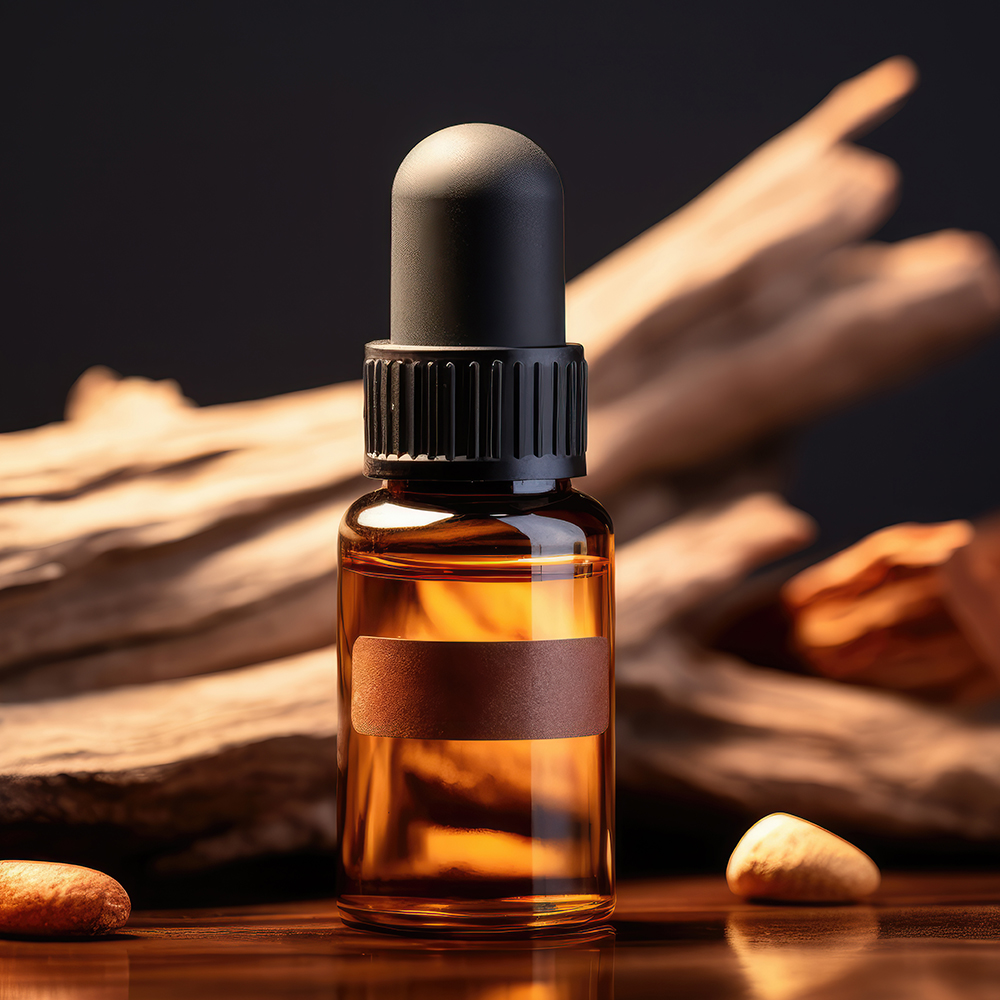
History and Discovery of Fragrance Oils
Fragrance Oils vs Essential Oils: Ancient Beginnings
Essential Oil vs. Fragrance Oil in Medieval Alchemy
Modern Chemistry
Essential Oils vs Fragrance Oils: Advancements in the 20th Century
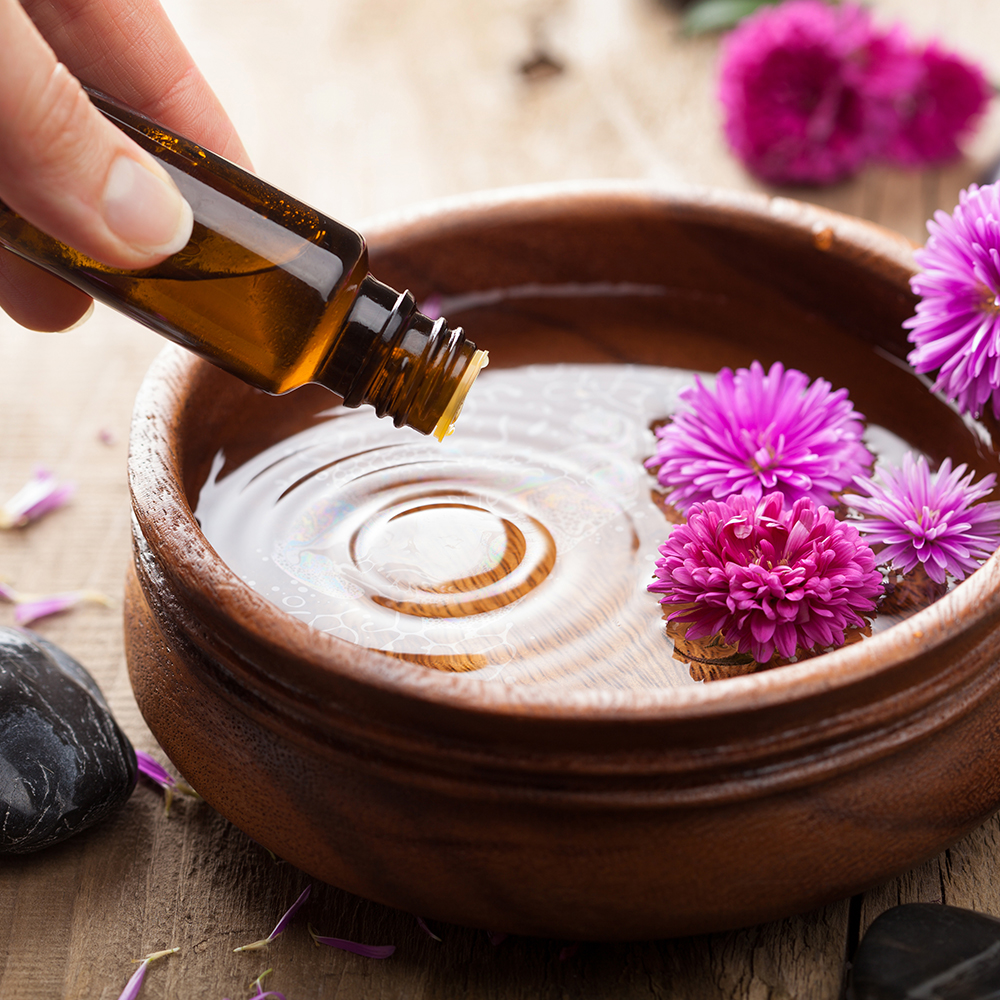
What are Essential Oils?
Extraction of Essential Oils
History of Essential Oils
Ancient Civilizations
Classical Antiquity
Fragrance Oil vs. Essential Oil in Ancient India and China
Fragrance Oil vs Essential Oil in Medieval Distillation
Fragrance Oils vs Essential Oils in the Renaissance and Beyond
Fragrance Oils vs Essential Oils in Modern Times
Fragrance Oils vs Essential Oils for Soap Making
Crafting Superior Soaps with Scatters Oils USA
The Power of Essential Oils in Soap Making
Essential oils are not just for fragrance purposes. Many people use essential oils for soap making because of their moisturizing qualities. The use of essential oils has increased the quality of the soap, resulting in a more rewarding bathtime and skincare experience.
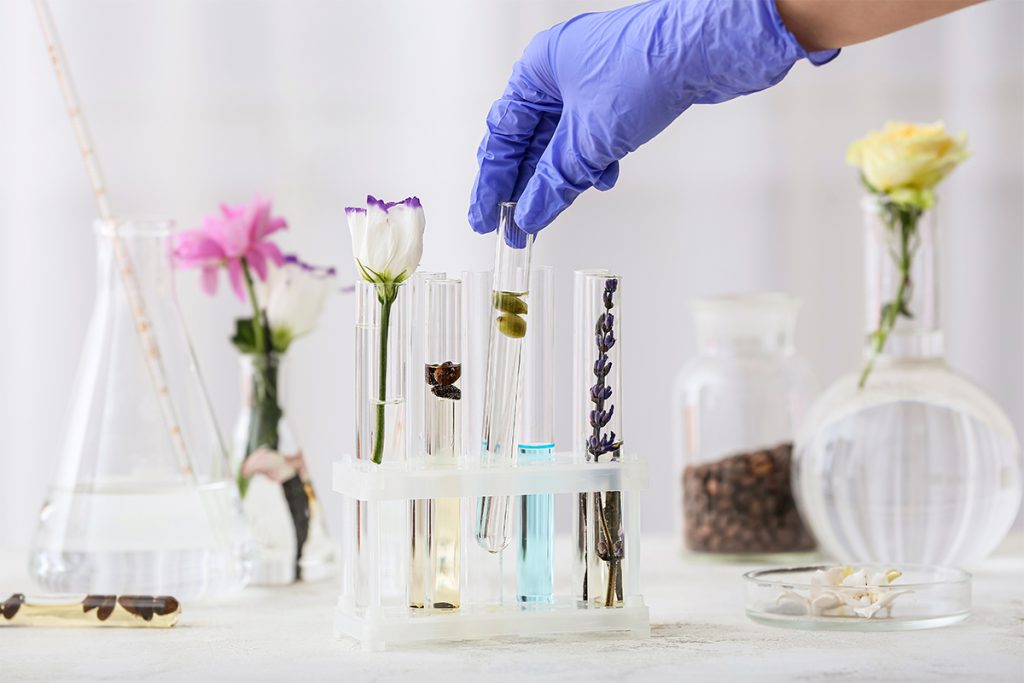
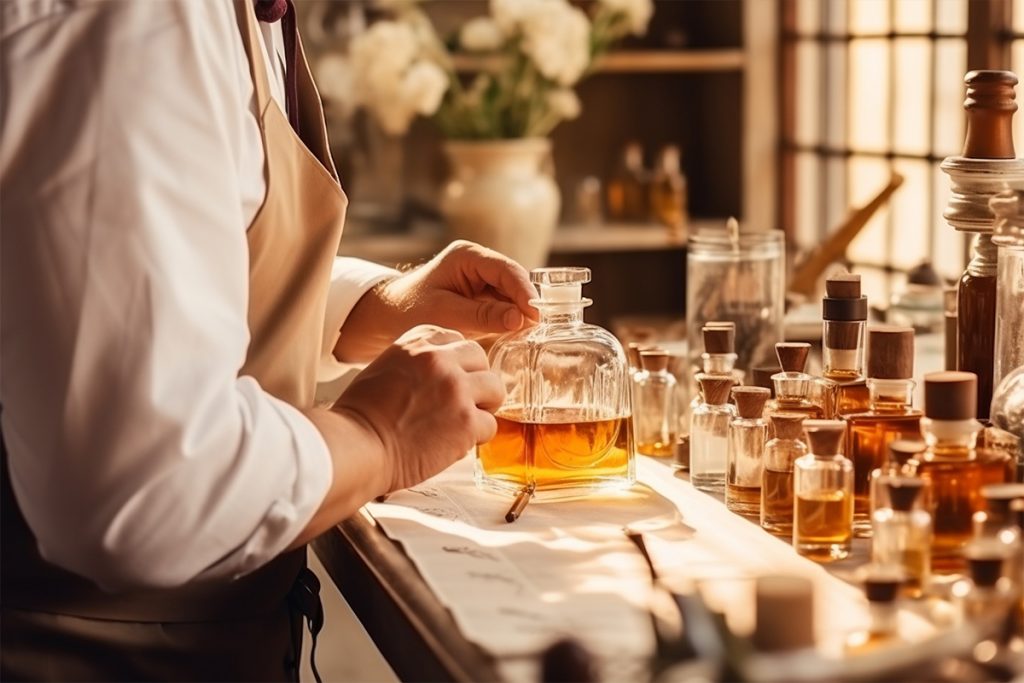
The Choice for Discerning Creators

The Choice for Discerning Creators
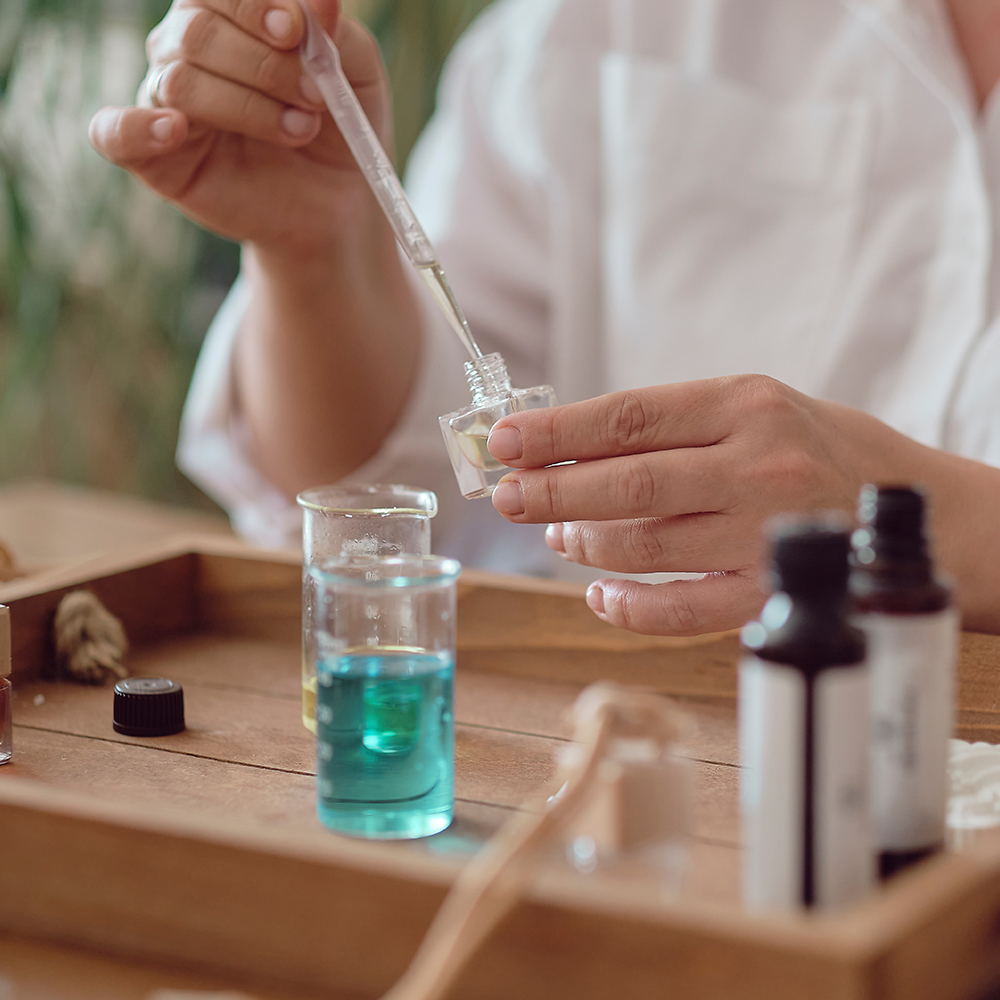
Fragrance Oils vs Essential Oils for Candle Making
Elevating Your Candle Creations
Extraction of Essential Oils
Enhancing Candles with Essential Oils
Perfume Making
Scent Craftsmanship Redefined
The Art of Perfume Making
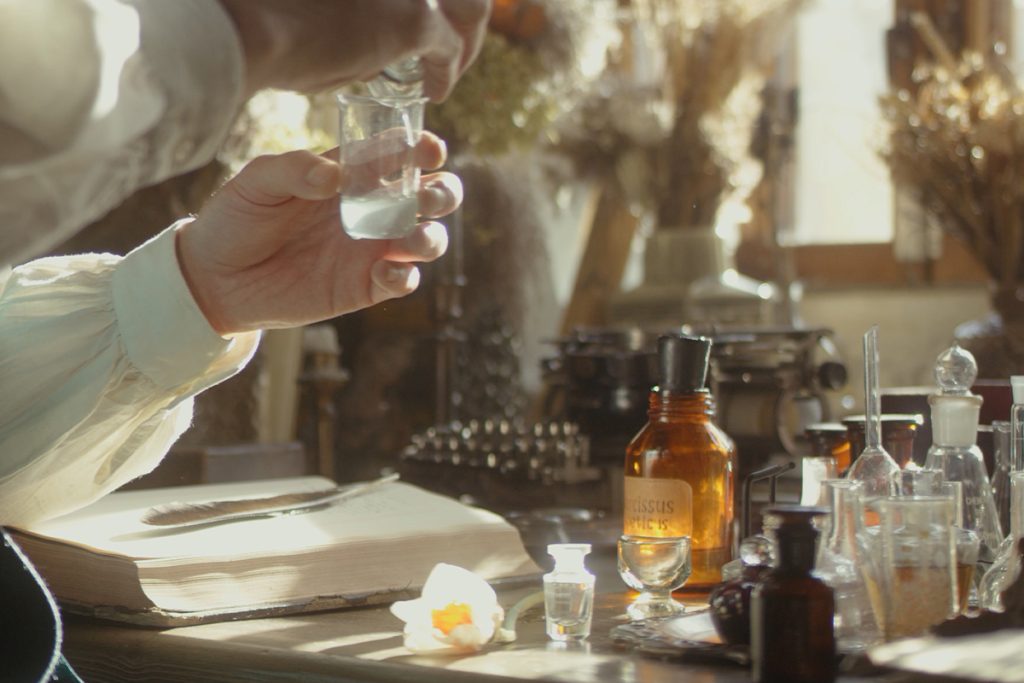
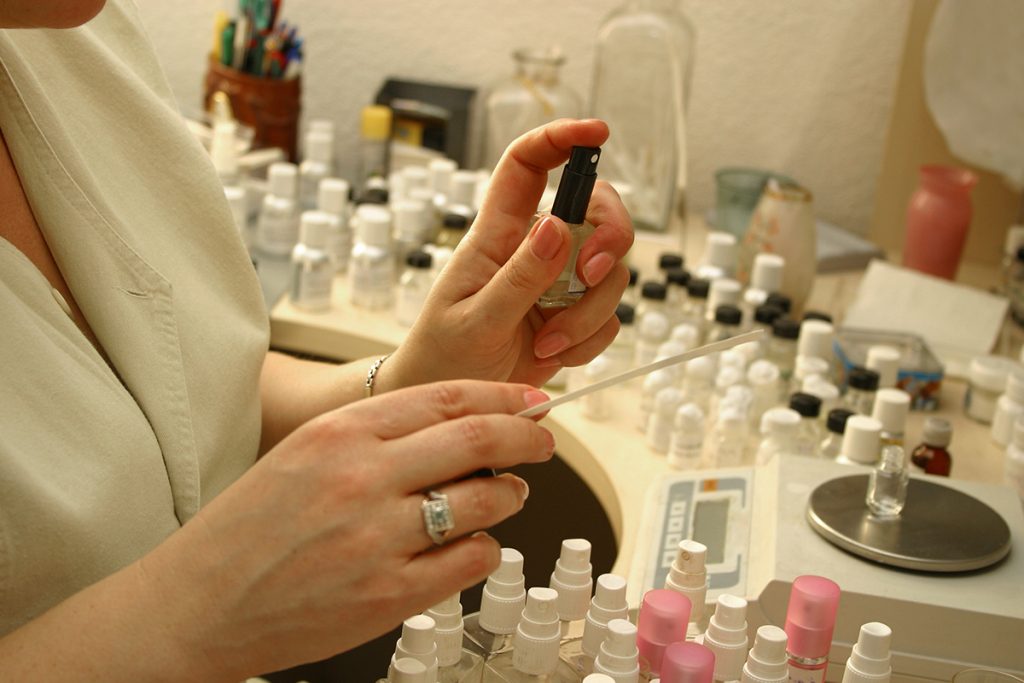
Fragrance Oils vs Essential Oils for Perfumes


